Meet 9 Interfaith Women Leaders Who Want to Bridge Religious Divides in America
March 30, 2022
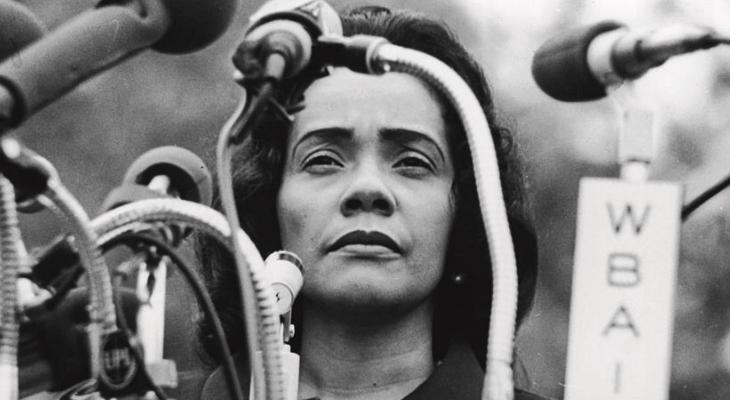
A growing body of research shows that peace negotiations are more likely to succeed when women are at the table. One study found that peace agreements are 64% less likely to fail when brokered by women, and the Council on Foreign Relations report notes that “women often take a collaborative approach to peacemaking and organize across cultural and sectarian divides.”
For anyone paying attention to interfaith engagement in the United States, this evidence comes as no surprise.
In work that often takes place under the radar, women are leading the way, both in faith communities and in the emerging field of bridgebuilding, a constellation of religiously and politically diverse individuals and organizations aimed at pushing back on political polarization.
To mark Women’s History Month, Interfaith America recognizes the women working to build a more perfect union and a more peaceful nation. Faith-based and secular, in diverse fields ranging from higher education and public policy to health care and social justice activism, these women are not only at the table; in many cases, they’re building it from scratch.
Here are nine leaders we should all get to know:
Share
Related Articles
Higher Education
What Does Interfaith Engagement Mean from an Evangelical Perspective?
American Civic Life
We Commemorate, We Commit: Out of Catastrophe, a Conversation on Connection and Repair
Higher Education
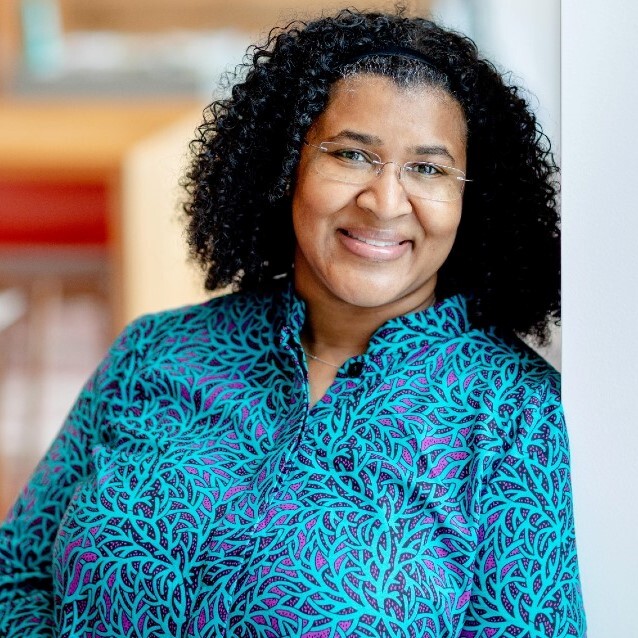
Dawn Michele Whitehead
Whitehead is Vice President of the Office of Global Citizenship for Campus, Community and Careers at the American Association of Colleges and Universities, an organization dedicated to improving and supporting undergraduate education around the world. With Janett I. Cordovés, director of Higher Education Partnerships at Interfaith America, Whitehead co-authored “Interfaith Cooperation for Our Times: Educating Citizens for a Diverse Democracy,” a guidebook for educators working to create rich experiences of inclusion for students on college campuses. While episodes of hatred, tension and polarization draw media attention, “we are seeing such a counter narrative,” she says, “and seeing students intentionally coming together.” Helping students connect with respect, peace and joy is Whitehead’s life work.
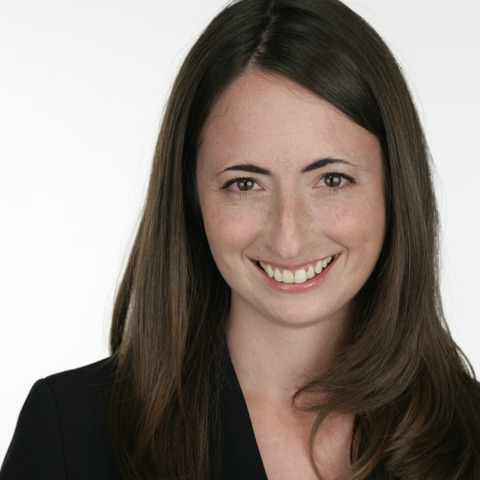
Rabbi Melissa Weintraub
The co-founder and Executive Director of Resetting the Table, Weintraub’s work focuses on “building dialogue and deliberation across political divides.” She acknowledges the divides are acute. Ordained as a rabbi, Weintraub is undaunted by conflict: she also founded Encounter, a nonprofit that brings Jewish leaders to Palestinian areas to make connections, learn and work for peace. She notes that in the United States, Israel has become such a polarizing issue that many rabbis avoid speaking about it with their congregations. Her organization creates toolkits, trainings and workshops for clergy, community leaders, educators and journalists. RTT is training a national network of facilitators skilled in leading difficult conversations. Weintraub is optimistic – but realistic about her timeline: I think we are at the beginning of building a 25-year cathedral; there is a long way to go,” she told JewishBoston. “Polarization has been on a forward march for decades in our country, and it will take decades of work to overcome and transform.”
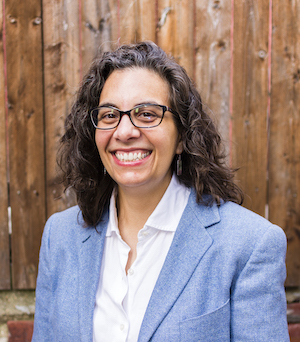
Stephanie Summers
Summers is the CEO of Center for Public Justice, a nonpartisan civic and research organization rooted in Christian social teachings. The organization’s mission describes its point of view as “Christian-democratic, which entails a commitment to principled pluralism and the common good.” It’s an approach that encourages people to bring their faith to the public square but rejects Christian nationalism, emphasizing that “human governance requires the just and equal treatment of all citizens.” Under Summers’ leadership, the center co-sponsored the National Day of Dialogue on January 5, a daylong series of conversations and workshops aimed at combatting Christian nationalism and encouraging positive dialogue in the public square. Summers’ co-authored “Unleashing Opportunity: Why Escaping Poverty Requires a Shared Vision of Justice.”
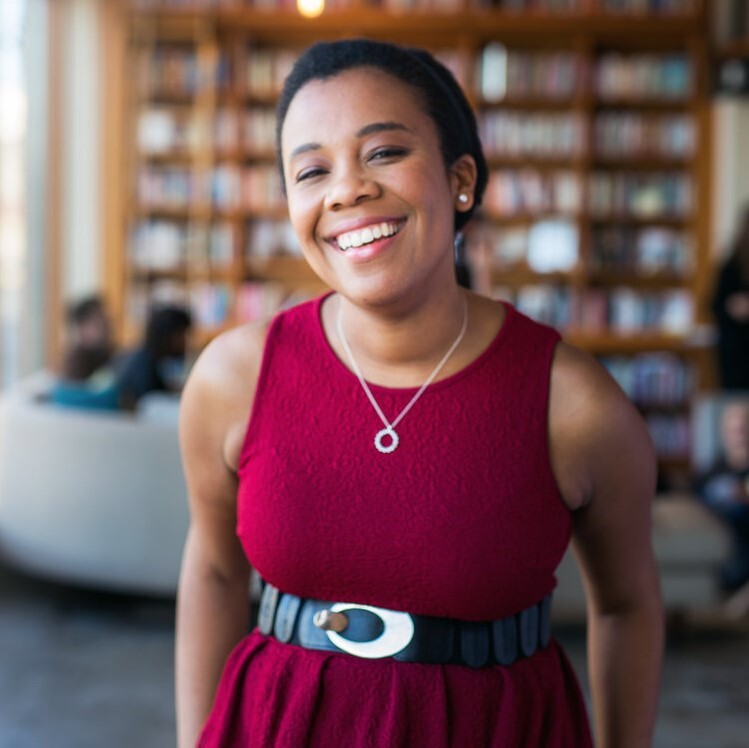
The Rev. Jen Bailey
Bailey, an ordained itinerant elder in the African Methodist Episcopal Church, is the founder and executive director of Faith Matters Network, an organization that “catalyzes personal and social change by equipping community organizers, faith leaders, and activists with resources for connection, spiritual sustainability, and accompaniment.” She’s shaping a new category of what she calls “movement chaplains” who, not unlike hospital or military chaplains, offer individuals involved in social justice movements with spiritual and emotional support. She’s also helped organize “People’s Suppers” – meals focused on encouraging safe, respectful dialogue among diverse participants – all around the nation. She spoke about her work in a conversation with Krista Tippett last year. For more, including reflections on her recent book, read her interview with the Rev. Alexis Vaughan of IFYC.
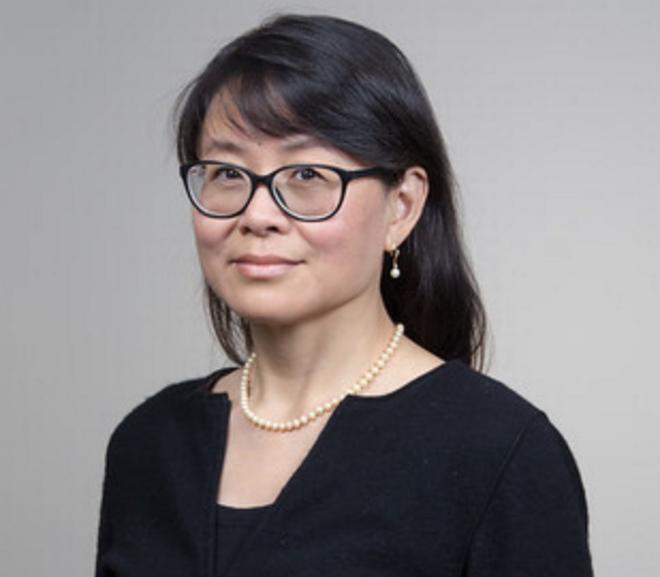
Pennylyn Dykstra-Pruim
Dykstra-Pruim is the Associate Dean for Diversity and Inclusion at Calvin University, a private evangelical Christian college in Grand Rapids, Michigan, where she also hosts a campus podcast, “Diversity and Inclusion For All.” An expert in German languages and culture, Dykstra-Pruim’s work focuses on the diversity of Christian communities and tools to build inclusion and engagement, within Christianity and beyond. She speaks widely about faith and racial justice and is the co-author of “Christians and Culture Difference,” an influential book offering an internal critique of Christian history and attitudes about “missions to faraway places” – and a roadmap to how Christians should approach “the other” in a multicultural world. “We have some amazing students, and I think they’re good at holding our feet to the fire,” she told Religion News Service in 2020, after George Floyd’s murder inspired a racial reckoning that exposed painful experiences for Black students and staff at Christian colleges and beyond. “They let us know when we’re being slow.”
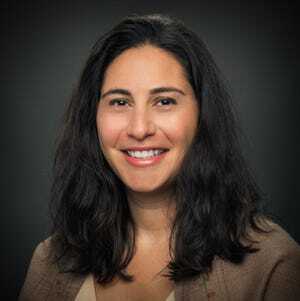
Samar Ali
An attorney and Tennessee native, Ali understands the dangers of political polarization firsthand. After being appointed as an economic commissioner by her home state’s Republican governor in 2012, Islamophobic conspiracy theorists accused her of wanting to indoctrinate Tennesseans in Islamic law. She went on to become the founding president and CEO of Millions of Conversations, an organization aimed at fighting the “hate-industrial complex with empathy and understanding.” Through research, public campaigns and community panels and conversation, Millions is helping Americans learn about each other and span divides skeptics thought could never be bridged.
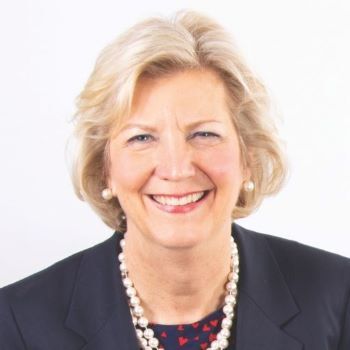
Shirley Hoogstra
Hoogstra is president of the Council of Christian Colleges & Universities (CCC&U), representing more than 185 Christian institutions around the globe. The council’s 150 campuses in the United States represent a range of denominations, from Assemblies of God to Presbyterian to nondenominational Christian. Under Hoogstra’s leadership, the CCC&U partnered with IFYC to develop a curriculum for Christian students to learn about and develop positive relationships with people of other faiths. Students who participated said it was life-changing and deepened their own faith. Hoogstra said, “I believe this idea of interfaith engagement fulfills a gospel imperative.”
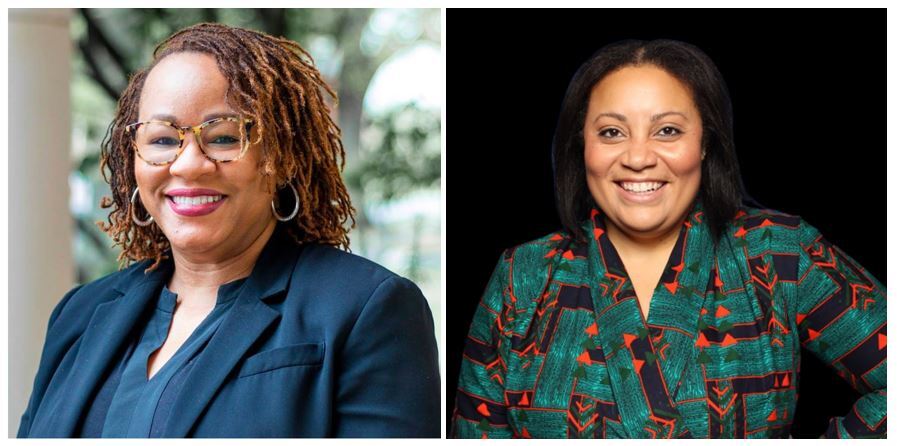
Alison Mathews and Shonda Jones
Mathews and Jones are in the business of culture change. Both built careers at the intersection of public health and faith, focusing on the HIV/AIDS epidemic in the South and how Black religious communities can destigmatize the disease. Mathews is Executive Director of the COMPASS Gilead Faith Coordinating Center at Wake Forest University School of Divinity in Winston-Salem, North Carolina, where Jones is a professor – and the one who helped bring in a game-changing $5 million grant from Gilead Sciences. “Faith leaders have this long legacy of social justice advocacy in fighting for people’s human rights, but we also have to push them on HIV, unfortunately, because for the past 40 years many faith leaders have been silent,” Mathews said. Mathews and Jones have seen how religion can perpetuate stigma and pain, but they believe religion can be part of a solution as well. It’s a true multifaith effort, and one they expect will save lives.
This article was originally published on March 23, 2022.



